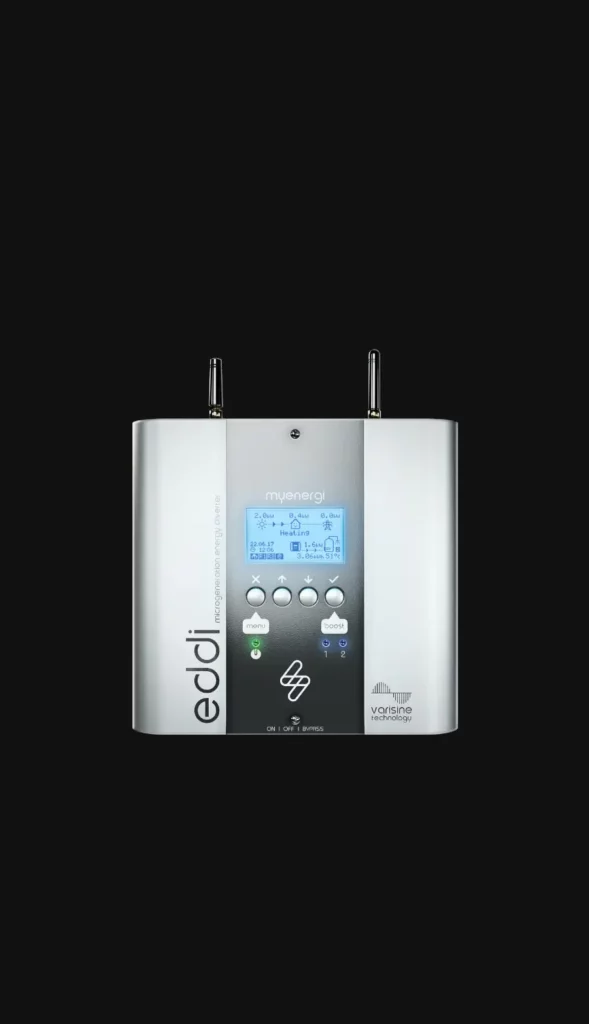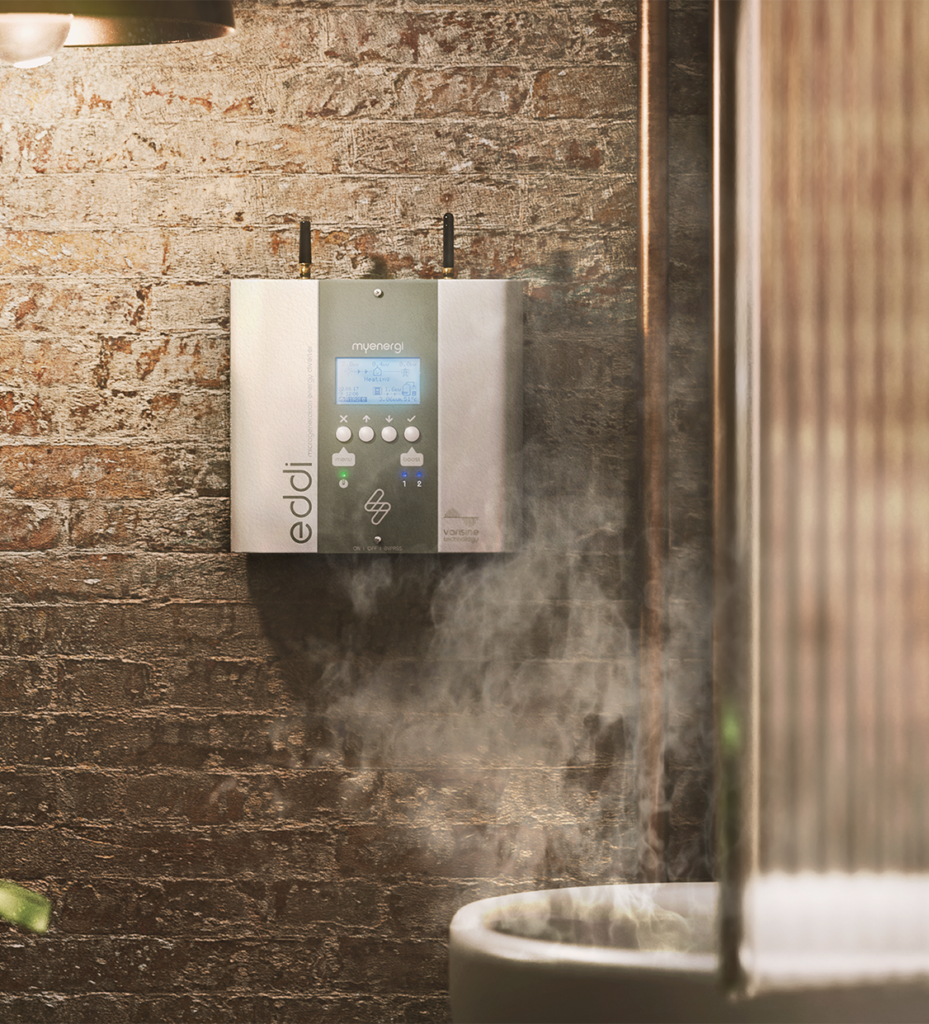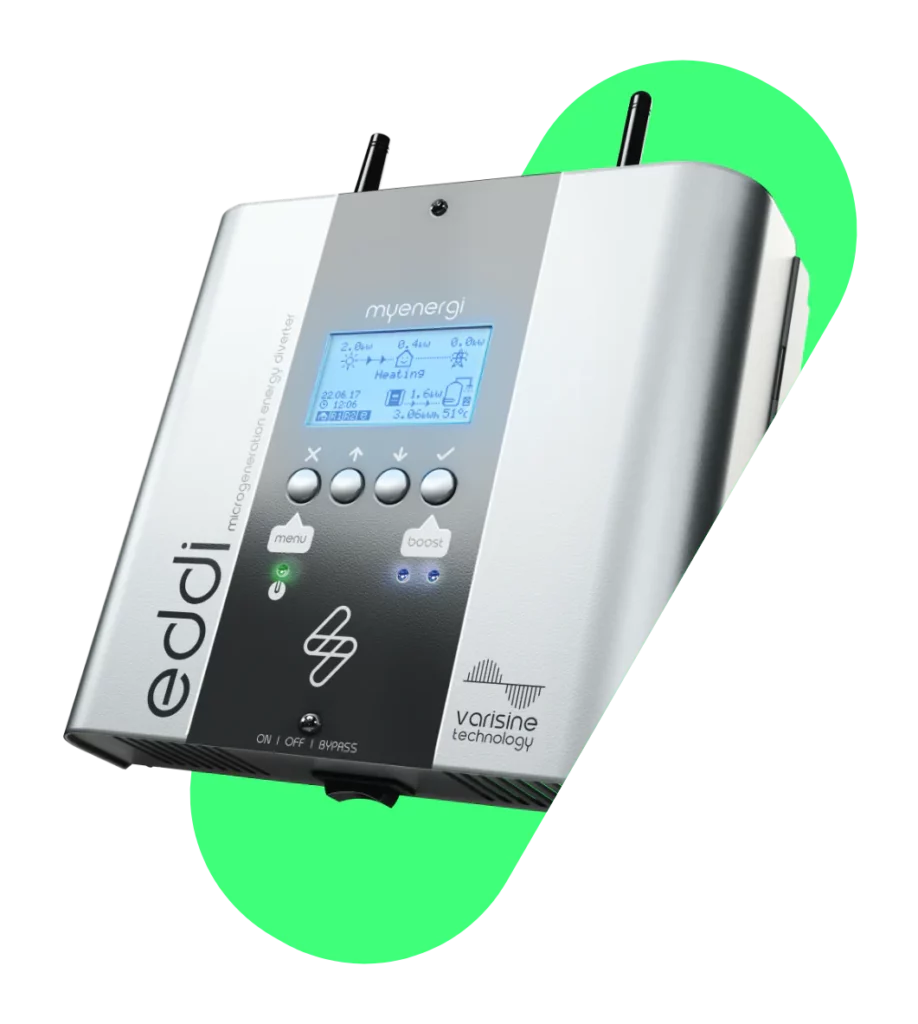How can I heat hot water most efficiently?
Rising energy prices have become a pressing concern for many households in Ireland, prompting a surge in interest in the most efficient methods to heat water. In light of these economic challenges, it’s more essential than ever to ensure that your home’s energy consumption is as economical and efficient as possible.

The cost of heating hot water in the UK
To get a better grasp of the issue at hand, it’s pivotal to first understand the costs involved. A typical Irish household spends a significant portion of its annual energy bills on heating hot water.
According to data from the Energy Saving Trust, about 20% of a household’s gas bill is spent on heating water alone, amounting to around €250 per year annually, based on an average home on average consumption rates. This might seem like a modest sum, but this is only based on a typical average, if you are a household that has frequent baths, you could be looking at an annual cost of up to €1,000 per year.
Explore eddi
Traditional methods of heating water
In Ireland, there are several common methods of paying for the heating of hot water:
Fixed Rate Tariffs:
These offer a set price for energy over a certain period, safeguarding you from price hikes during the term. It’s ideal for budgeting but might not always be the cheapest option.
Variable Tariffs:
The cost per unit of energy can go up or down based on the wholesale cost of energy. While it offers potential savings during times of reduced energy prices, it also carries the risk of price increases.
Time-of-Use Tariffs:
For households using immersion heaters or those who can schedule when they heat their water, tariffs like Economy 7 or Economy 10, which offer cheaper rates during off-peak hours, can be very beneficial.
Green Deals:
Some energy providers offer different rates to solar panel or EV owners. These generally involve privileged rates during off-peak hours, which can also help homeowners to heat their hot water cheaper on a lower off-peak rates.

Convert excess energy to hot water for free with eddi
A relatively new and innovative solution to efficiently heat water is using the eddi solar power diverter. This device works by diverting surplus energy from microgeneration to heat water. For households that have solar panels or wind turbines, the eddi system can use the excess energy, which would otherwise be sent back to the grid, to heat your water. This not only optimises the use of self-generated energy but also reduces the cost of heating water.
The eddi system represents a significant stride towards energy efficiency and sustainability. Designed primarily for homes with solar PV or wind turbine installations, eddi acts as a smart energy management device. When these renewable sources produce more electricity than the household is consuming, eddi steps in, instead of allowing this surplus to go to waste or be exported back to the grid for minimal financial return. eddi intelligently diverts this surplus energy to heat your water or other resistive loads, ensuring that almost every bit of energy produced on-site is utilised.
The system comes with a touchscreen display, allowing users to easily monitor and manage their energy usage. By harnessing nearly all the energy you produce, you are maximising your green footprint, ensuring you get the best return on your renewable energy investment, both financially and environmentally.
Additional ways to save on your energy bill
If you’re looking to be more efficient with heating your hot water, it is also recommended to look into these tried-and-tested measures that can lead to tangible savings in your energy bills:
Energy tariffs: making an informed choice
Making sure you’re on the right energy tariff for your consumption and home setup is vital to heating hot water most efficiently.
To conclude
As energy prices continue to rise, ensuring that the method you use to heat your water is as efficient as possible becomes paramount. Whether it’s investing in new technologies like the eddi system, switching to solar water heating, or simply choosing a tariff that aligns with your usage pattern, there are multiple ways to ensure that you’re heating your water in the most economical manner.

 libbi
libbi